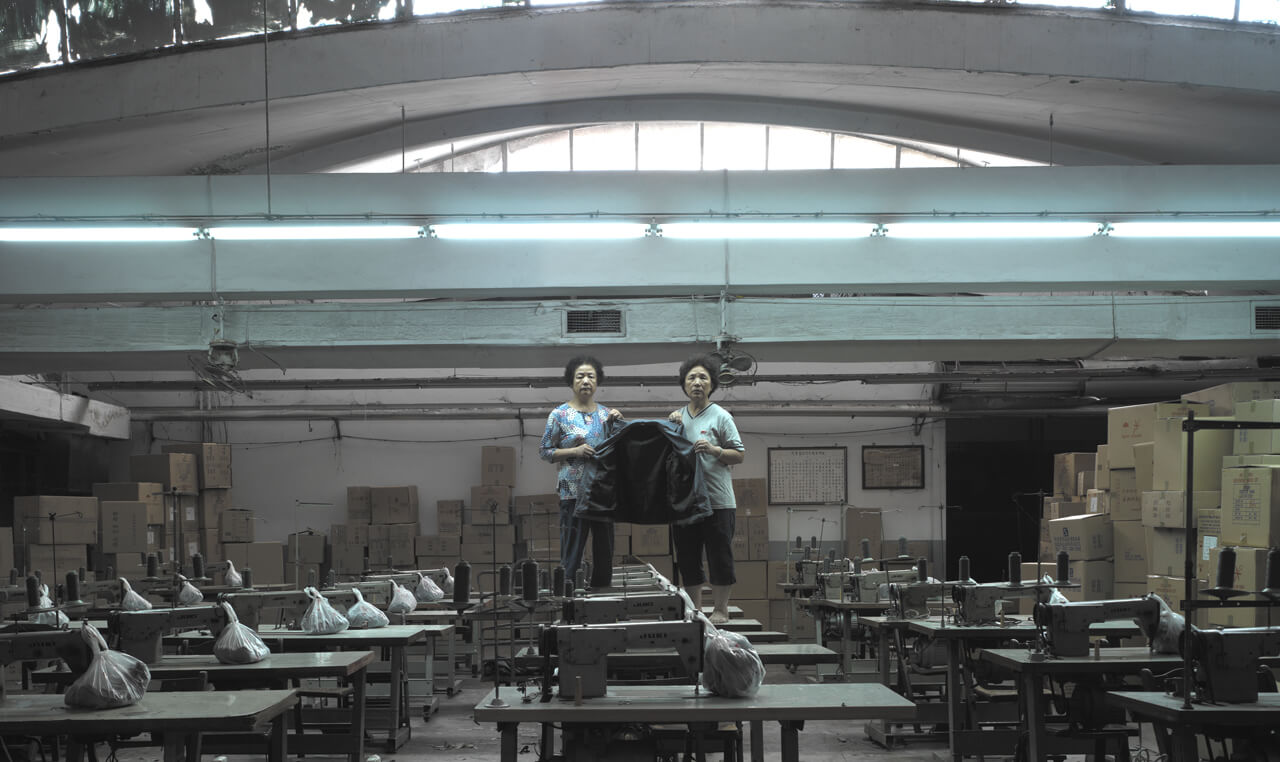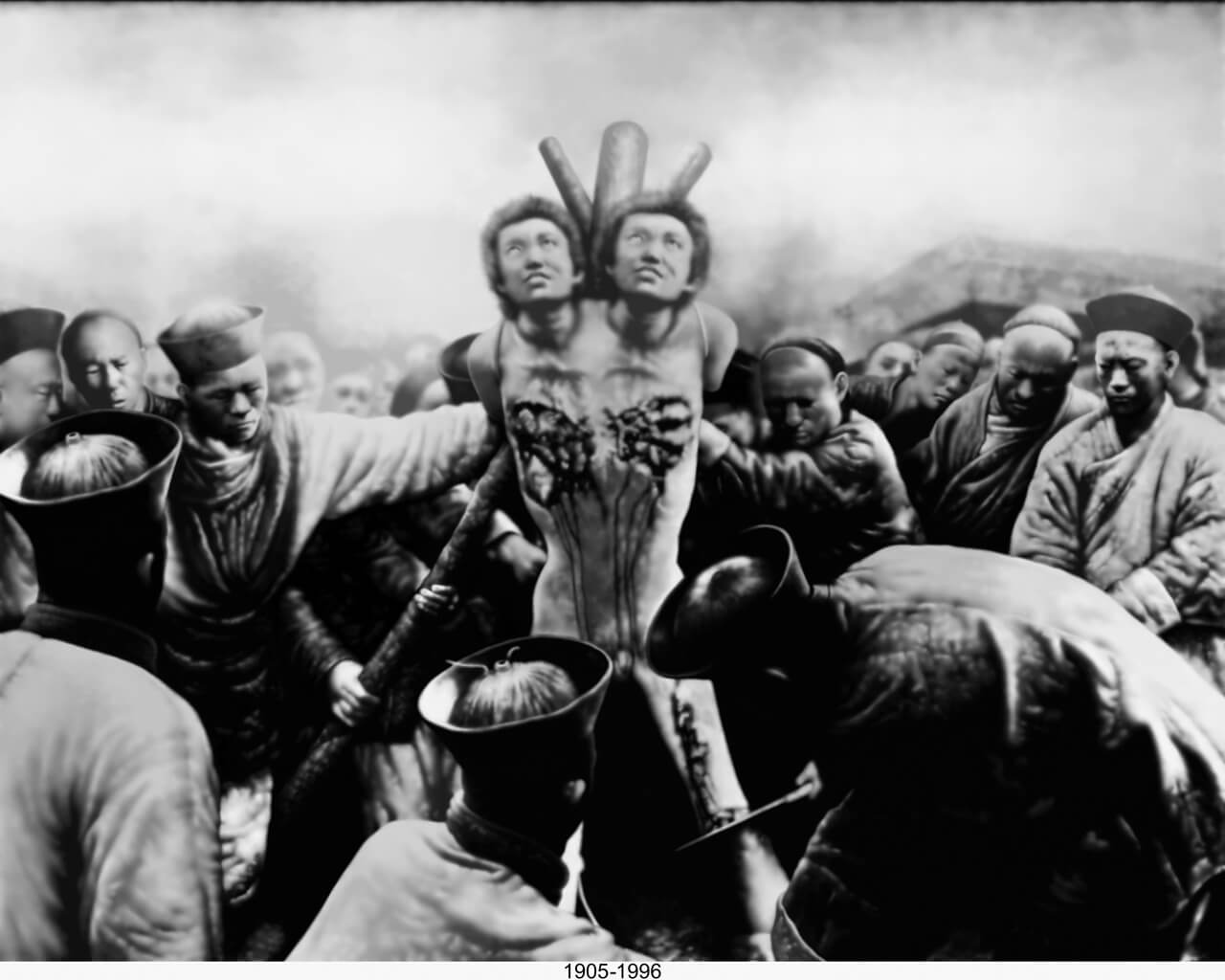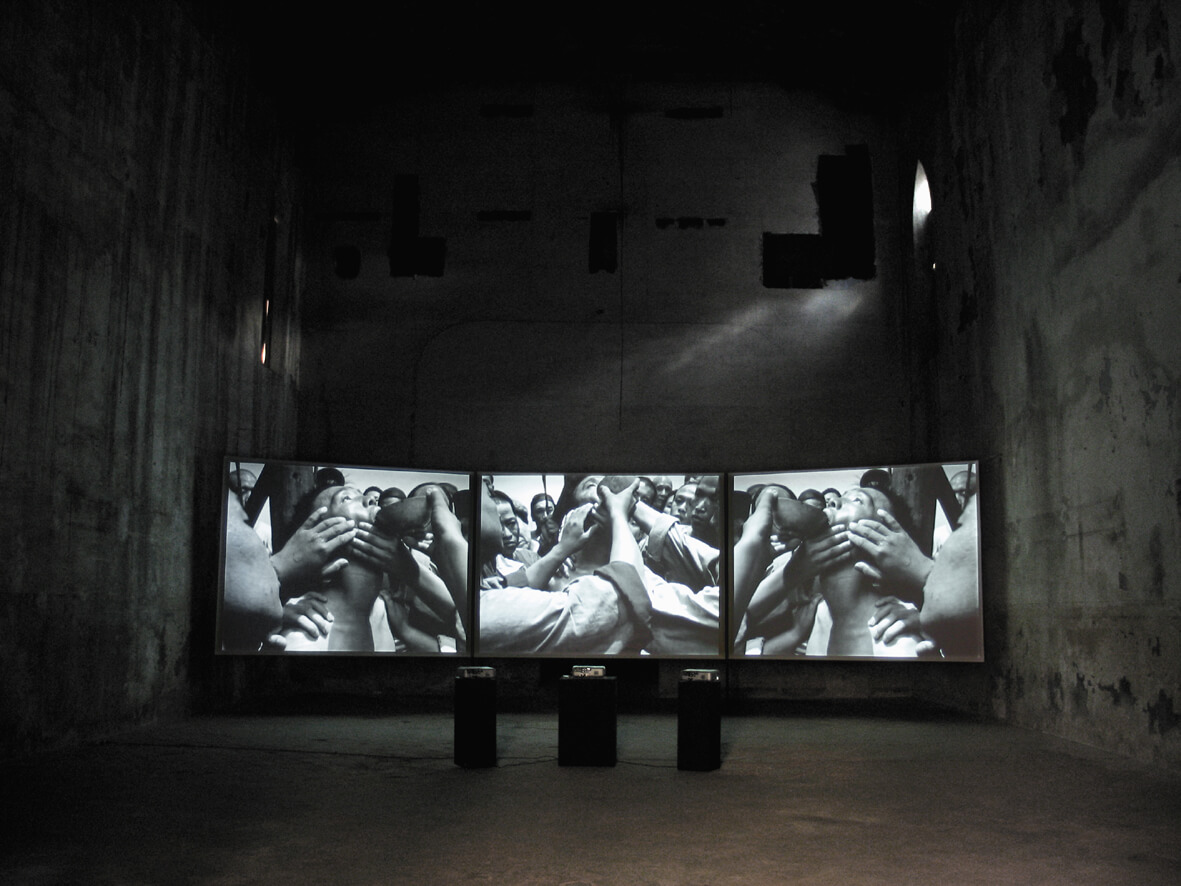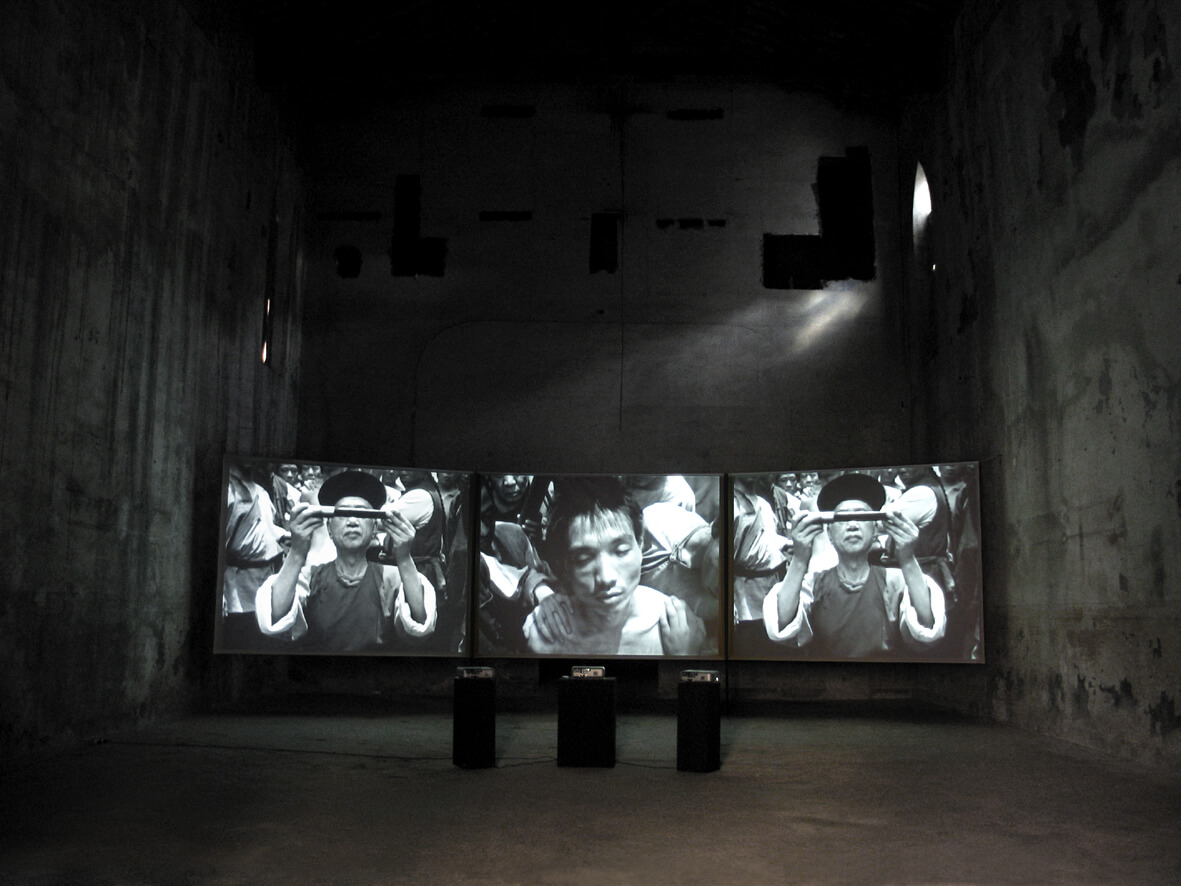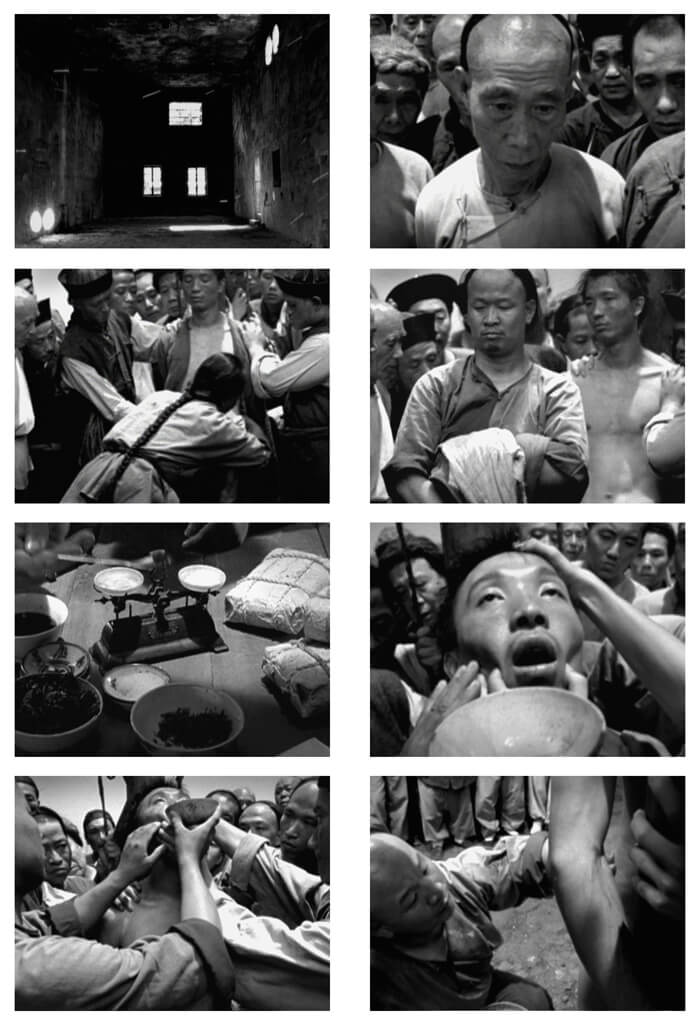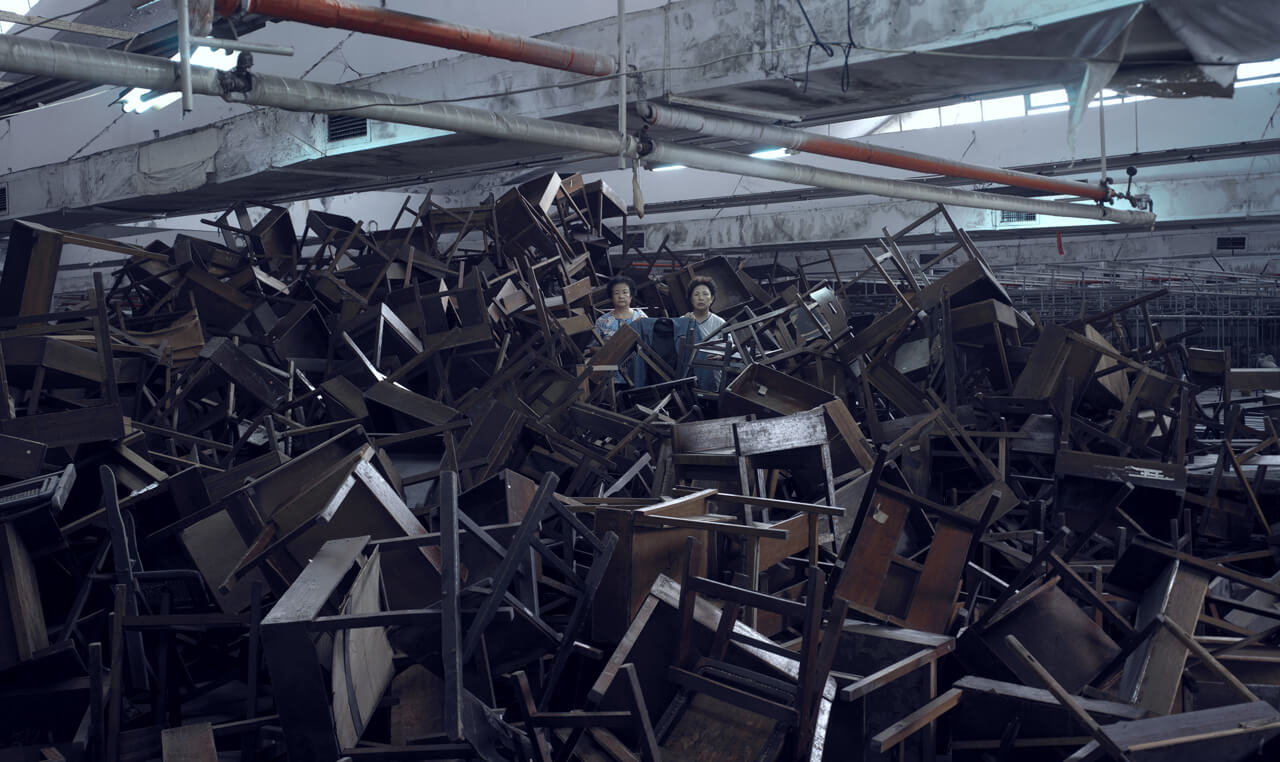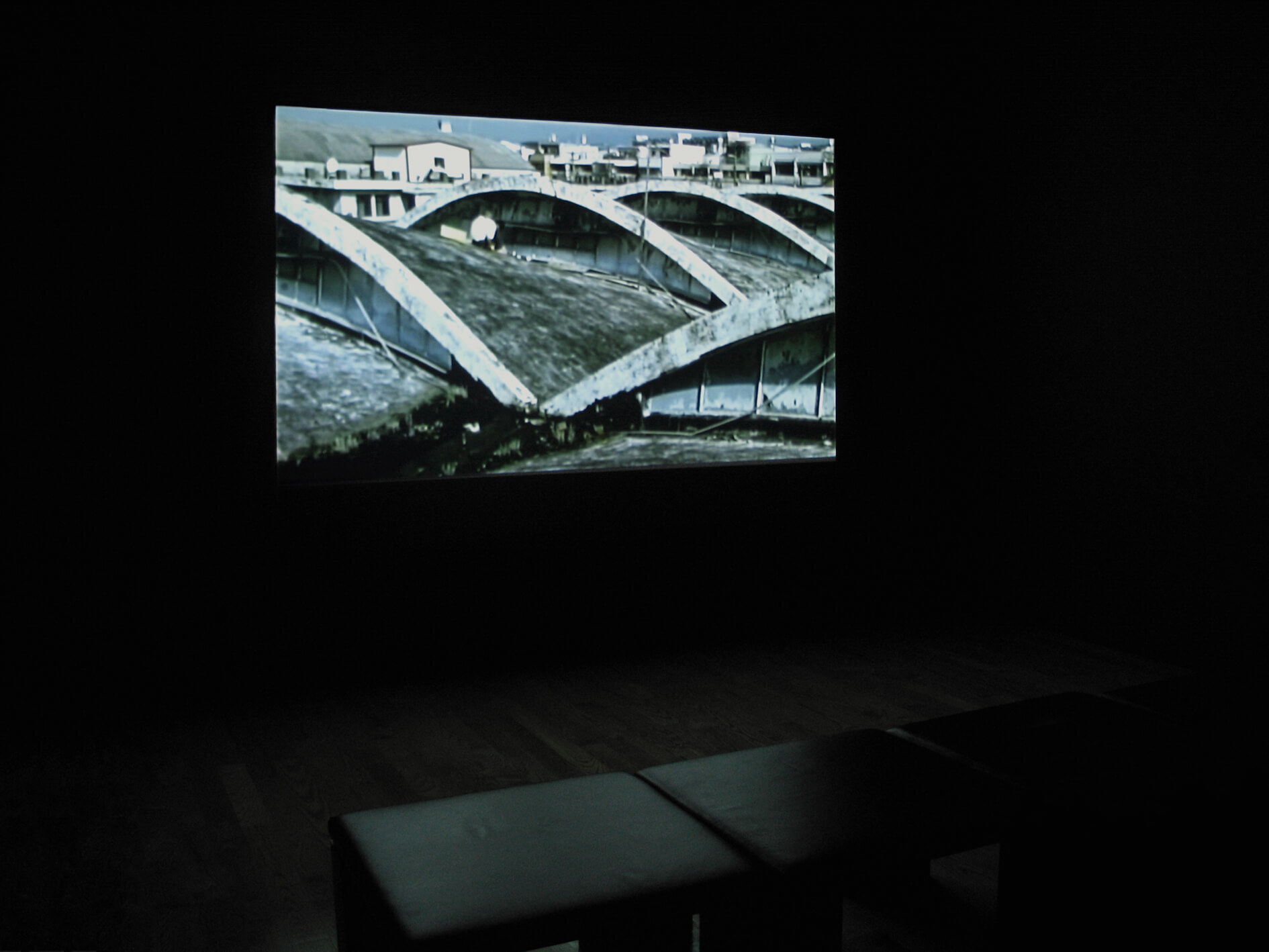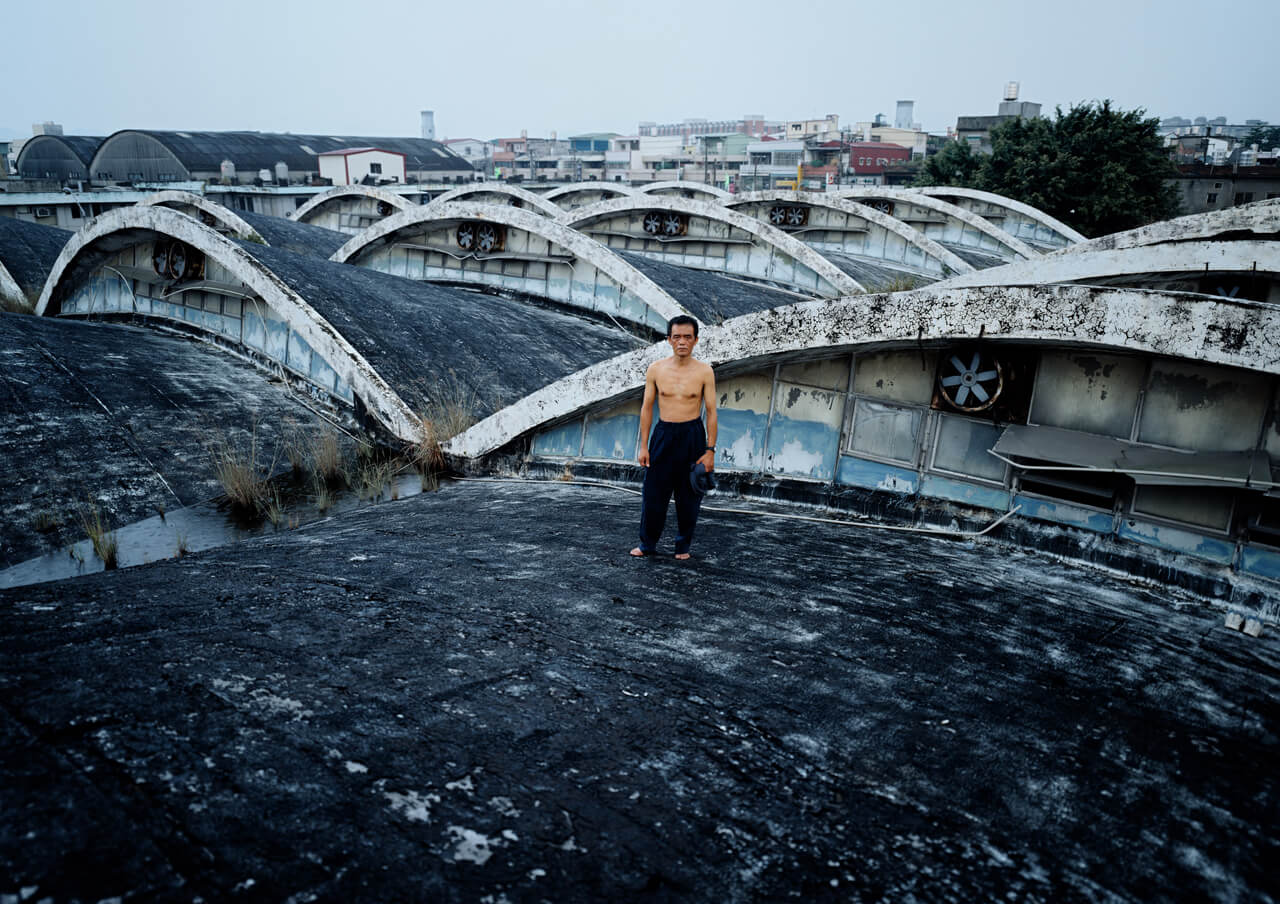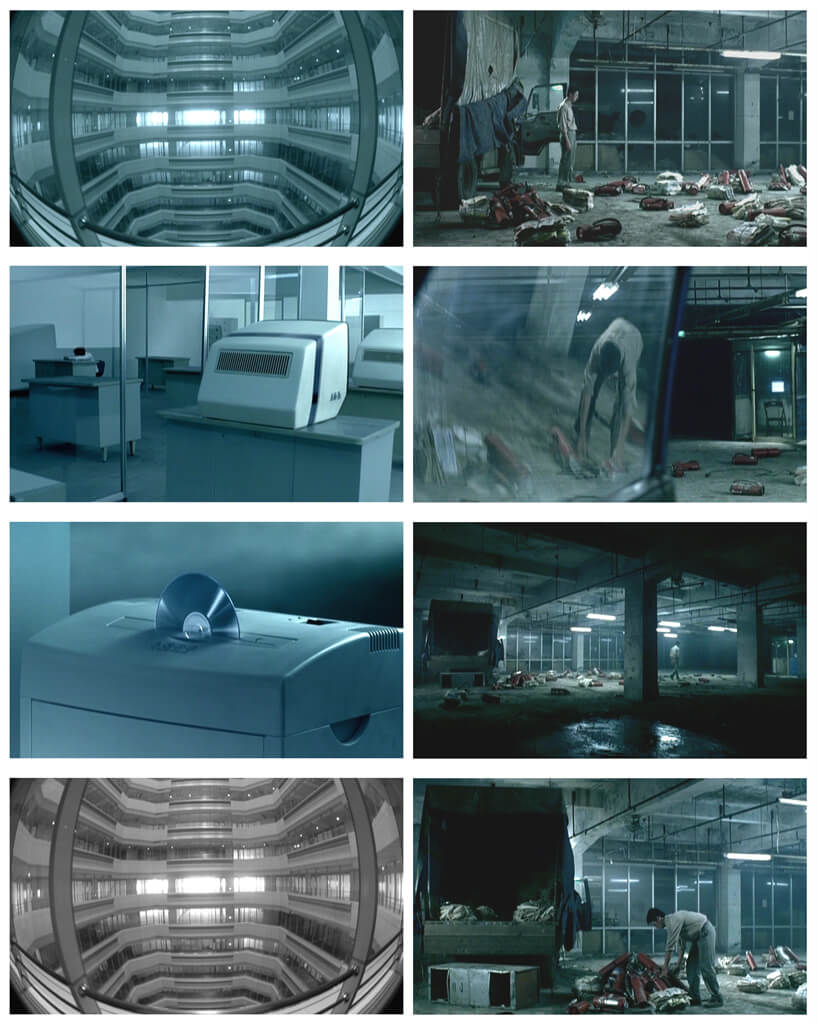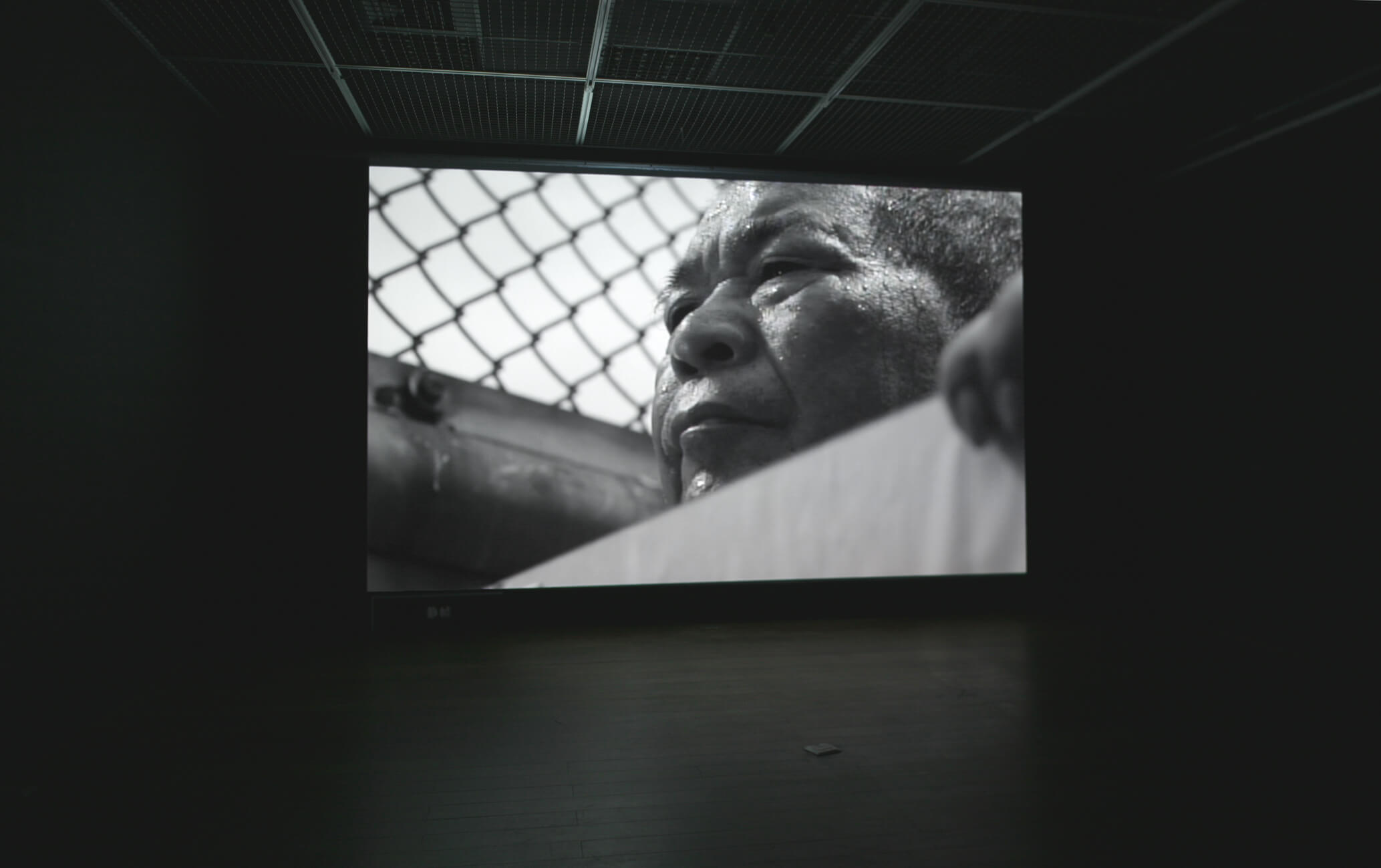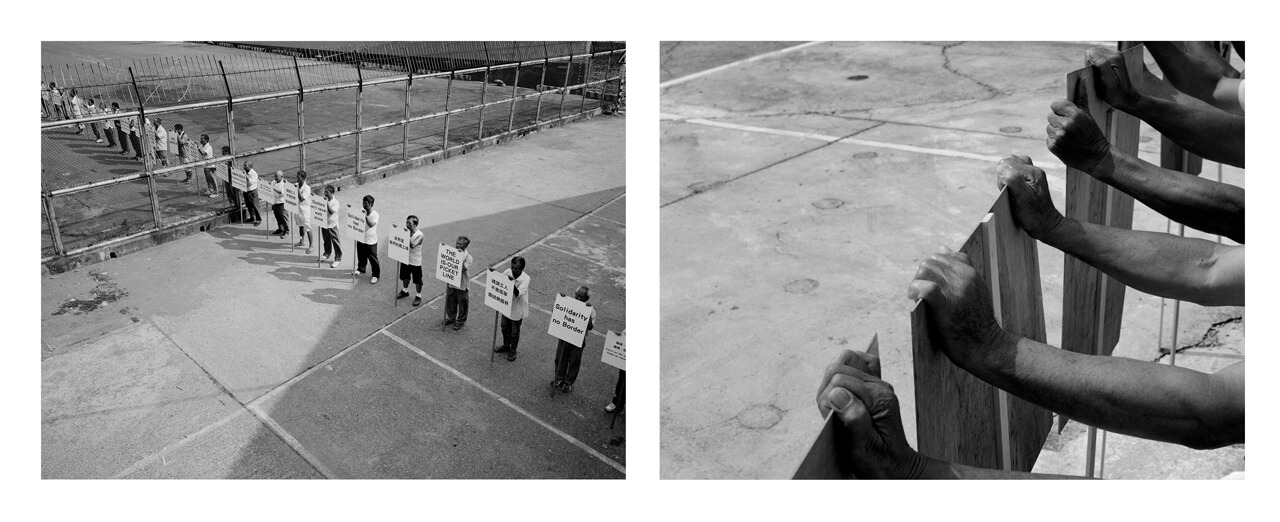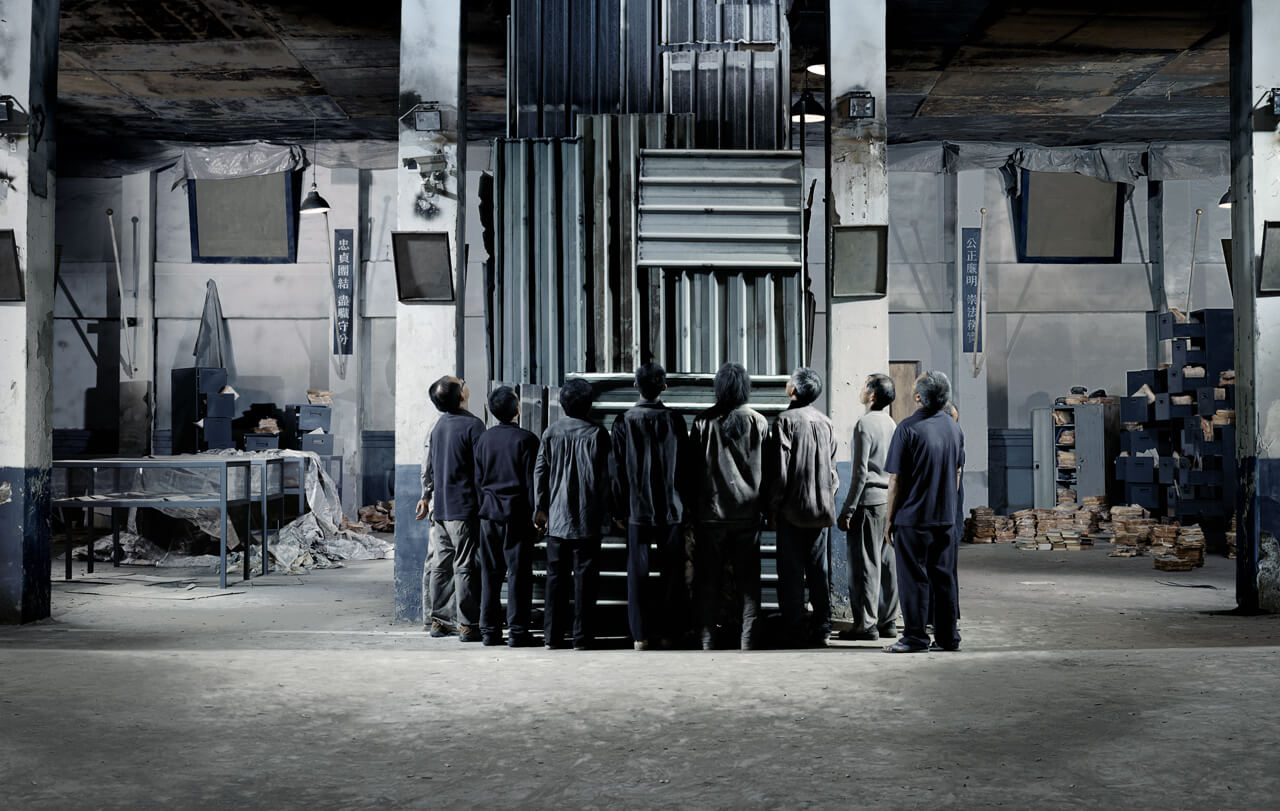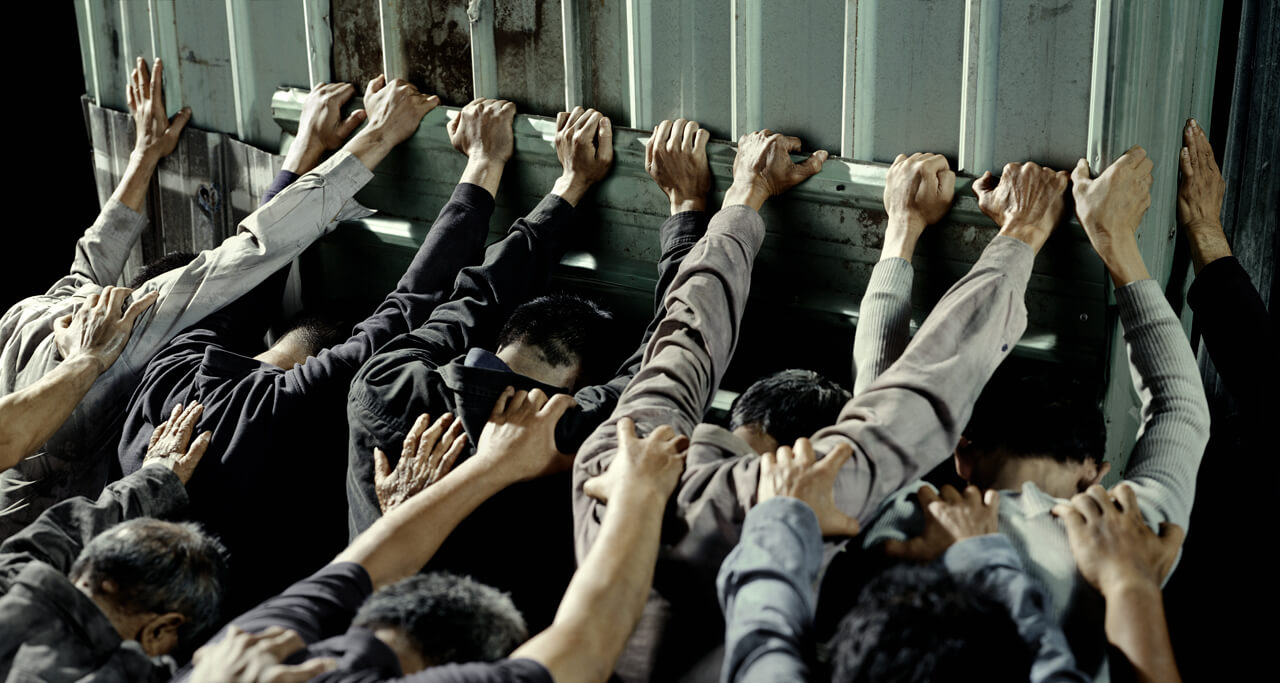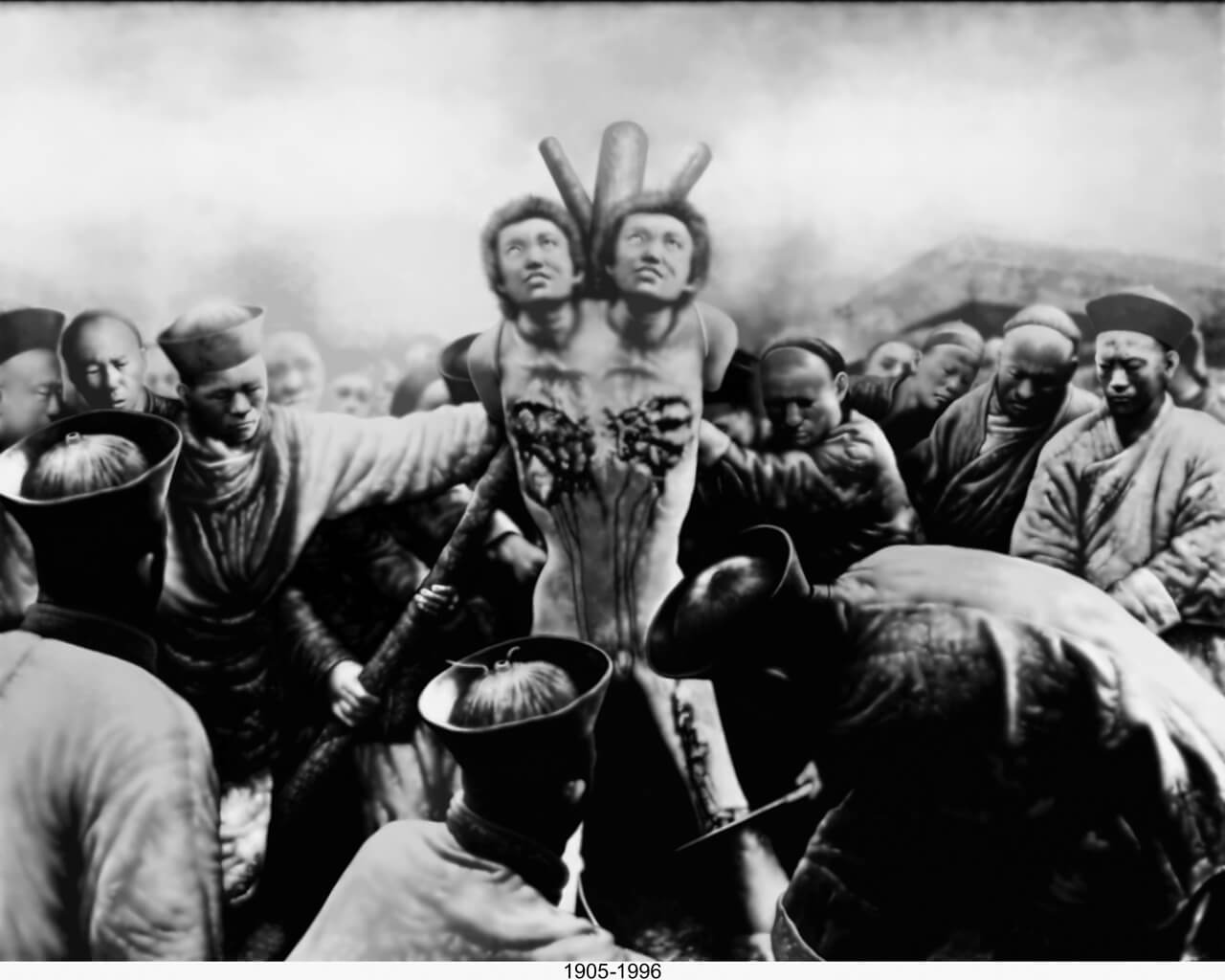01
About Chen Chieh-Jen 關於陳界仁
About Chen Chieh-Jen 關於陳界仁
⌈The history I’m concerned with is the history excluded by legitimacy, the history “outside the recorded history.” It’s a realm of trance, like the gap between words. It’s the “disoriented” history vanishing in the heavy mist, the history existing in our languages, desires and smells, as well as in the flesh.
|Chen Chieh-Jen1⌋ |
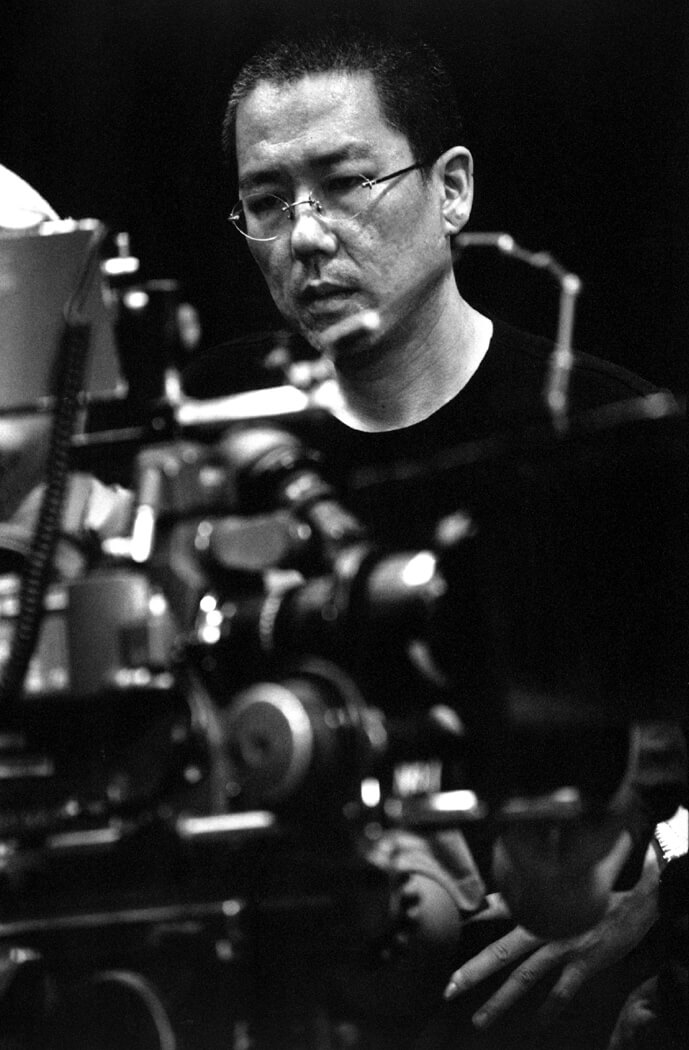
|Artist Chen Chieh-Jen (1960-)
Born in 1960, Chen Chieh-Jen currently lives and works in Taipei, Taiwan. No Taiwanese contemporary visual artist can get any higher profile than Chen in the international art scene. Chen has exhibited his works at prestigious biennials home and abroad, including Taipei Biennial (1998/2002/2004), São Paulo Art Biennial (1998), Venice Biennale (Taiwan Pavilion 1999/themed exhibition 2005), Biennale d’art contemporain de Lyon (2000), Gwangju Biennale (2000), Shanghai Biennale (2004), and Liverpool Biennial (2006). He has also staged his solo exhibitions at major museums around the world, including “ASIA TICA II – Chen Chieh-Jen” at the Galerie nationale du Jeu de Paume, Paris (2001), “Condensation: Five Video Artworks by Chen Chieh-Jen” at the Asia Society Museum, New York (2007), and “Military Court and Prison – Chen Chieh-Jen Solo Exhibition” at the Museo Nacional Centro de Arte Reina Sofía, Madrid (2008). He won the 13th National Award for Arts as a visual artist in 2009.
Based on his personal experience, Chen has been paying attention to the history and social phenomena of Taiwan, seeking to explore how the disadvantaged are ignored, hidden and forgotten by the mainstream narrative under the “power asymmetry,” the “established institutional oppression” or the “herd behavior in the consumer culture.”
Edited images and videos are the staple of Chen’s oeuvre. He tends to represent, engage in, and reinterpret contemporary issues he’s concerned with, so as to create his auto-écriture of the time as an infinitesimal resistance and reminder in the concealed, fractured historical fragments.
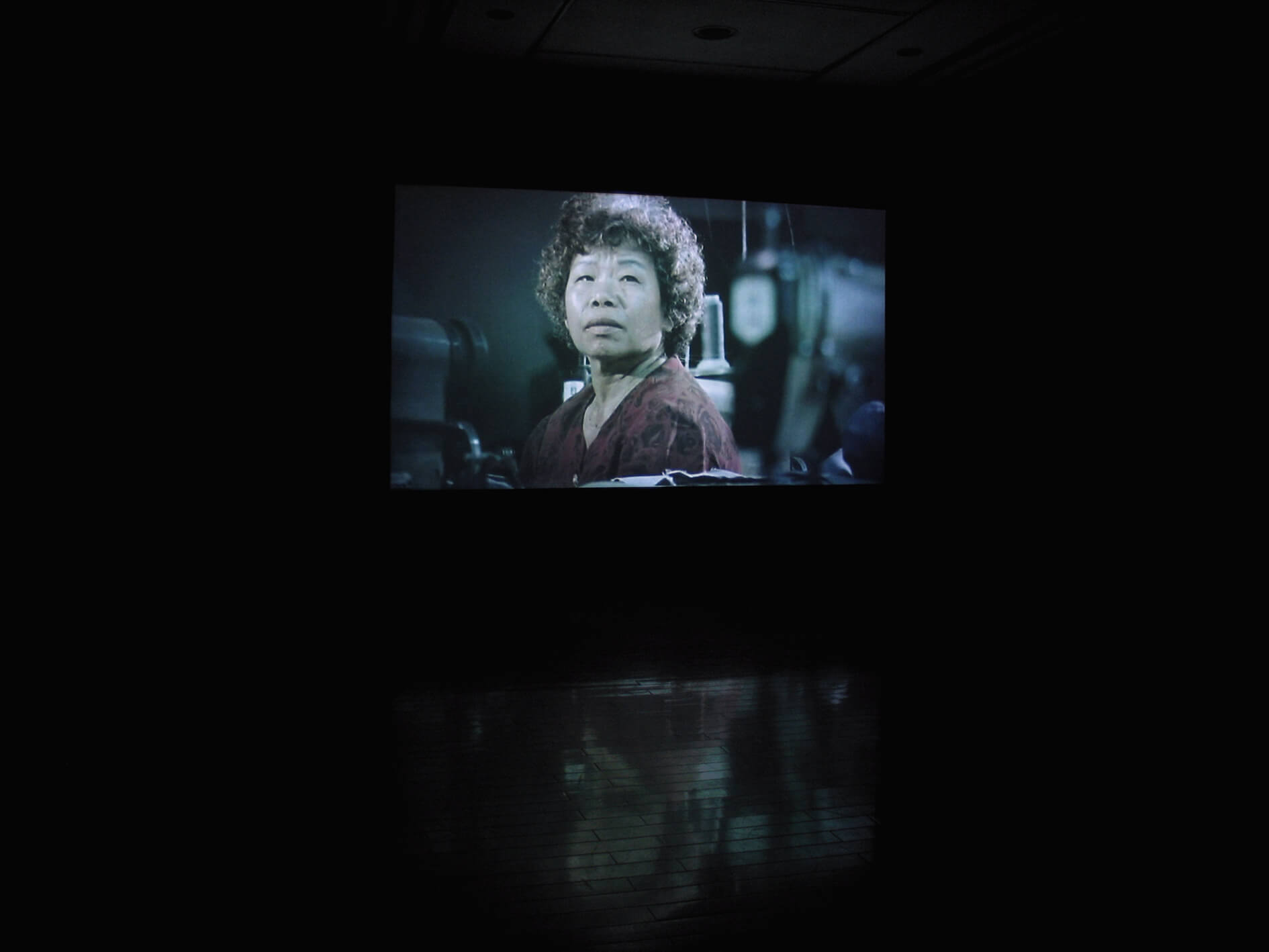
|Installation view |Chen Chieh-Jen, Factory, 2003, Video installation (super 16mm transferred to DVD, color, silent, 31 minutes 09 seconds, single-channel, continuous projection)
|
⌈If an artist is going into express suffering, he should trace its origin.The impossibility of representation notwithstanding, re-imagination and re-writing remain necessary.
|Chen Chieh-Jen2⌋ |
Artists who reoriented themselves toward socio-political criticism mushroomed after the lifting of martial law in Taiwan. Among them, however, Chen is the only one who has been able to take abiding interest in related issues and meanwhile question and cogitate on them. With his lifelong devotion to artistic creation, Chen is accepted as one of the most iconic contemporary artists both in Taiwan and in the world.
⌈Most Taiwanese artists make criticism over political issues either from a “bystander” or “satirical” perspective, or simply by appropriating, collaging and adapting politically symbolic elements (just like the trend of political art emerging after the lifting of martial law in the 1990s). Among them, however, those who have consciously continued to tackle tangled, thorny political issues to date are few and far between.So far, Chen Chieh-Jen is practically the sole artist who explicitly uses his oeuvre to construct a time-transgressive perspective of history, discuss kernel questions, and call for individual or collective actions.
|Amy Cheng(鄭慧華), Art Critic3⌋ |
Chen’s works created between 1996 and 2008 will be introduced below, including “Revolt in the Soul & Body: 1900-1999” (1996-1999), “Lingchi – Echoes of a Historical Photograph” (2002), “Factory” (2003), “Bade Area” (2005), “On Going” (2006), “The Route] (2006), and “Military Court and Prison” (2007-2008).
